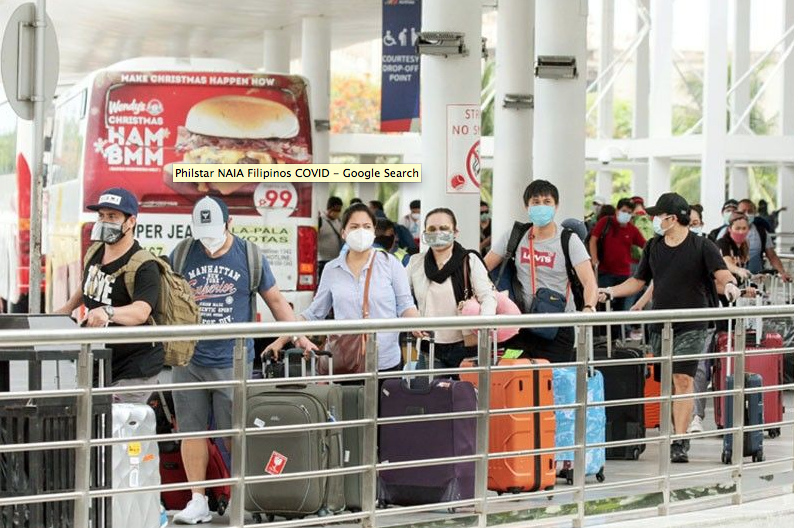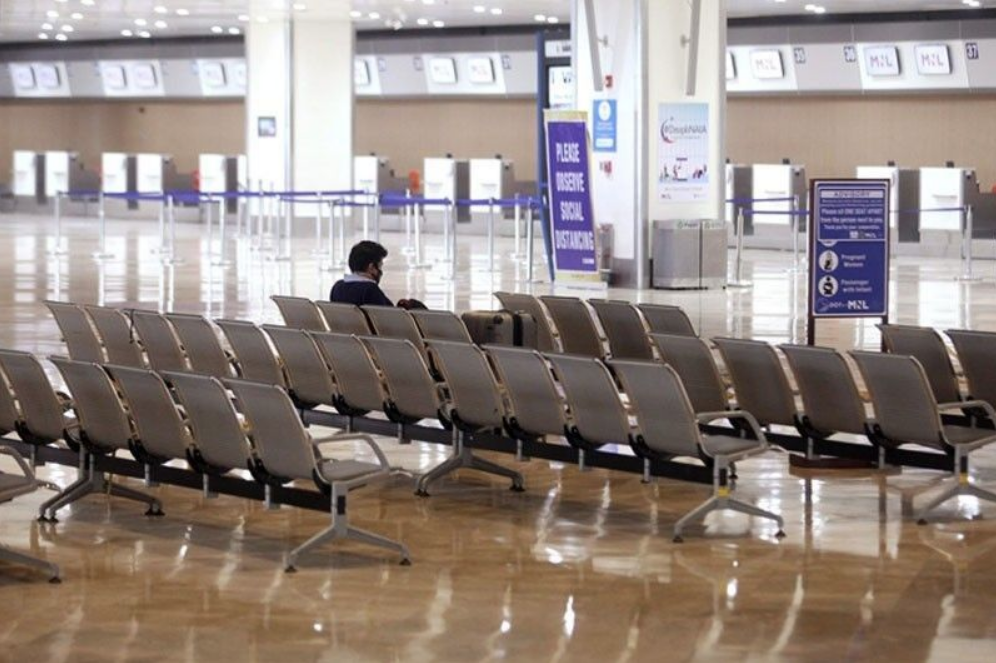Non-essential travel abroad for Filipinos allowed starting Oct. 21
Seven months after moving for leisure was halted by the strict travel restrictions due to the COVID-19 pandemic, the Inter-Agency Task Force for the Management of Emerging Infectious Diseases (IATF) has allowed non-essential overseas travel for Filipinos starting Oct. 21, subject to strict guidelines.

Presidential Spokesperson Harry Roque said in a statement Friday that Filipinos traveling abroad must submit the following: confirmed round-trip tickets; travel and health insurance for those traveling on tourist visas to cover travel disruptions and hospitalization in case of COVID-19 infections in during their allowable period of stay abroad; and a negative antigen test result taken within 24 hours before departure.
The IATF also mandated the submission of an immigration declaration to acknowledge the risks involved in traveling. The immigration forms will reportedly be provided at airlines’ check-in counters.
Outbound Filipino travelers must also follow the existing guidelines of the National Task Force for returning overseas Filipinos that include checking in a designated quarantine facility while waiting for a negative swab test result.

According to the Department of Foreign Affairs' "Updates on Travel Restrictions Imposed upon Filipino Travelers by some countries in Asia and the Pacific, Europe" dated October 11, there are several countries where Filipinos are accepted (visa rules still apply) during the pandemic including Mexico, Andorra, Montenegro, Serbia and Zambia.
From its Oct. 11 public advisory, the DFA also advises the public to “always check ahead of travel dates with their airlines, as well as with relevant embassies or consulates before booking a ticket and before departure.”
Following the lifting of the ban on non-essential overseas travel, the Department of Trade and Industry also announced Friday that travel agencies, tour operators, reservation services and other related activities are allowed to operate in areas under relaxed community quarantines.
These establishments are now allowed to open at 50% operational capacity for areas under general community quarantine, and 100% capacity under modified general community quarantine. These are also subject to minimum public health standards and protocols.
These announcements came after the Department of gave luxury hotels in Metro Manila the go signal to resume operations and accept guests for staycation, a move for the government to restart the tourism economy—a major driver of the Philippines’ economy—that has been pummeled by the effects of the COVID-19 pandemic since March.
Photos by Edd Gumban and Rudy Santos


